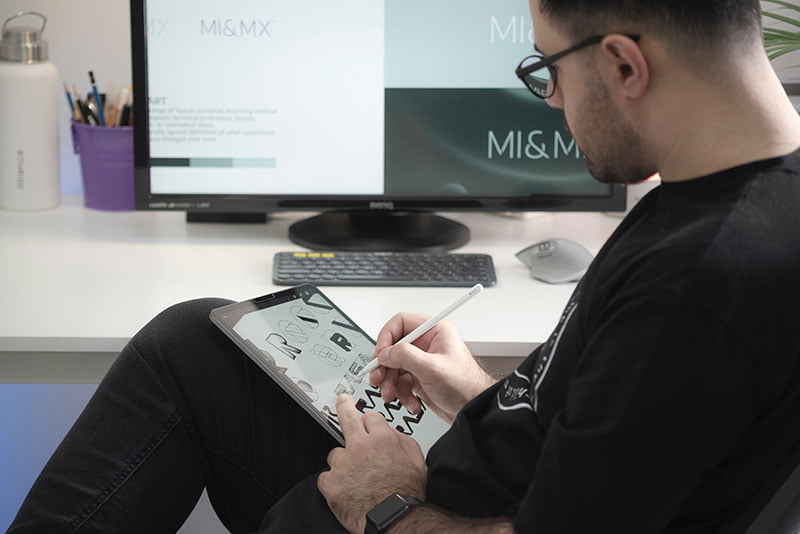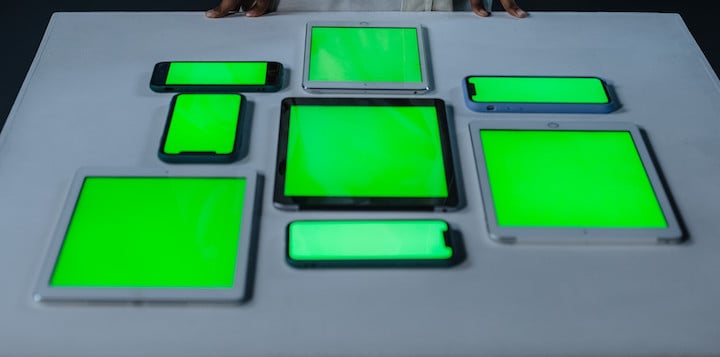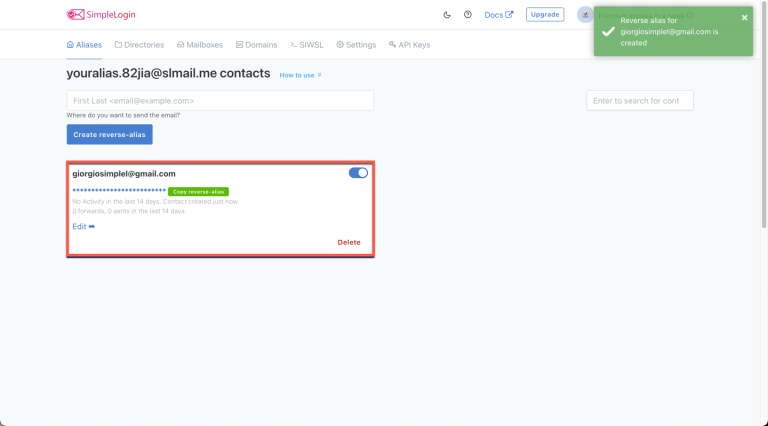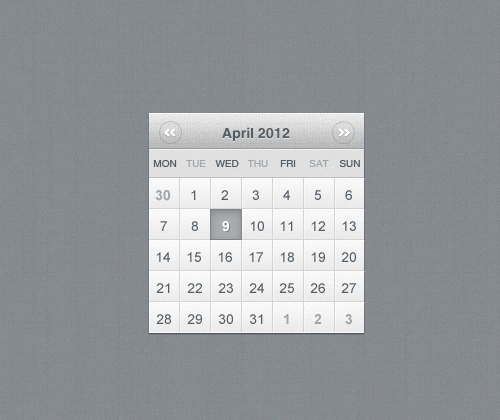
There is no doubt that in order to be a successful graphic designer in today’s market, you will need some strong talents. Having the right software and technology is only part of the equation – you also need to be able to create a strategy to be successful in your business. In this article, we will explore how to create a strategy to become a big deal in graphic design, the best design programs, and how you can use them to streamline your workflow and become a more productive designer.
To become a professional graphic designer, you need to create a professional website, have a clear marketing strategy outlined, business understanding (pricing, what needs to be written in a contract, how to work with clients, etc.), and a strong social media presence.
You also need to have an excellent understanding of the latest trends in design, know how to use all the relevant software programs (Adobe Creative Suite is pretty much essential), and be able to create designs that are both original and effective. Oh, and you’ll need a great portfolio, too. So, where do you start if you want to become a professional graphic designer? Here are some tips:
Create a strong portfolio
Table of Contents
Your portfolio is your number one marketing tool as a graphic designer. It is what will sell your skills and abilities to potential clients, so it is important that it is up-to-date, well-designed, and includes a variety of your best work. Make sure to showcase your range as a designer, and don’t be afraid to show off your personality in your portfolio. Now that everything is online, you should build your website. One of the most popular website builders for designers is Editor X – there you can create your graphic design websites from scratch, using drag & drop editor and control the CSS code.
Brand and market yourself
As a graphic designer, you are essentially running your own business. This means that you need to think about branding and marketing yourself to attract clients. Your website and portfolio are great places to start, but you should also be active on social media, participate in design competitions, and attend design events. By networking and getting your name out there, you will increase your chances of finding clients who are looking for a talented graphic designer like you.
In today’s world, graphic designers must have a strong social media presence. Platforms like Behance and Dribbble are great for showcasing your work, but you should also ensure an active presence on Twitter, LinkedIn, and Instagram. Social media is a great way to connect with other designers, build up your brand, and get inspired by what others are doing.
Stay up-to-date with the latest trends
The design industry is constantly changing, so it is important to keep up-to-date with the latest trends. This doesn’t mean that you should follow every trend – in fact, it is often more effective to be a leader rather than a follower – but you should understand what is popular in design and how you can use it in your own work.
Learn the business of design
If you want to be a professional graphic designer, you need to understand the business of design. This includes everything from pricing your services to writing contracts and working with clients. There are plenty of resources out there to help you learn the ins and outs of running a design business, so make sure to do your research and learn as much as you can.
Build your network
As a graphic designer, your network is one of your most valuable assets. By connecting with other designers, you can not only learn from their experiences but also get inspired by their work. You can find other designers to connect with on social media, at design events, or through online communities like Dribbble and Behance.
Use the best tools for the job
You must use various software programs to create your designs as a graphic designer. The most popular program designers use is Adobe Creative Suite, which includes Photoshop, Illustrator, and InDesign. However, there are many other great programs out there that can help you streamline your workflow and become more productive.
Adobe Photoshop, Illustrator & InDesign
The first program on our list is Adobe Photoshop. Photoshop is the industry standard for image editing and manipulation, and it’s a program that every serious designer should be proficient in. If you’re new to Photoshop, plenty of tutorials and online courses can help you get up to speed. Once you’ve mastered the basics, you can start exploring some of the more advanced features like layer masks and clipping paths.
Next up is Adobe Illustrator. Illustrator is a vector-based design software, which is perfect for creating logos, illustrations, and icons. If you haven’t used Illustrator before, don’t worry, there are plenty of tutorials available to help you get started. Once you’ve got the hang of the basics, you can start experimenting with some of the more advanced features like the pen tool and live trace.
Last but not least is Adobe InDesign. InDesign is a desktop publishing program often used to create print documents like magazines, newspapers, and books. However, it can also create digital documents like eBooks and PDFs. If you’re new to InDesign, plenty of tutorials are available to help you get started. Once you’ve mastered the basics, you can start exploring some of the more advanced features like Master Pages and automatic page numbering.
Sketch
Sketch is a vector-based design program that’s specifically geared towards interface and icon design. If you’re working on designing websites or mobile apps, Sketch is worth checking out. Plenty of tutorials are available to help you get started, and once you’ve mastered the basics, you can begin exploring some of the more advanced features like symbols and artboards.
Conclusion
These are just a few of the programs you should be familiar with as a graphic designer. As you can see, there’s a lot to learn – but don’t let that intimidate you. Just take things one step at a time, and before you know it, you’ll be proficient in all the above software programs. And remember, practice makes perfect! The more you use these programs, the better you’ll become at using them.






